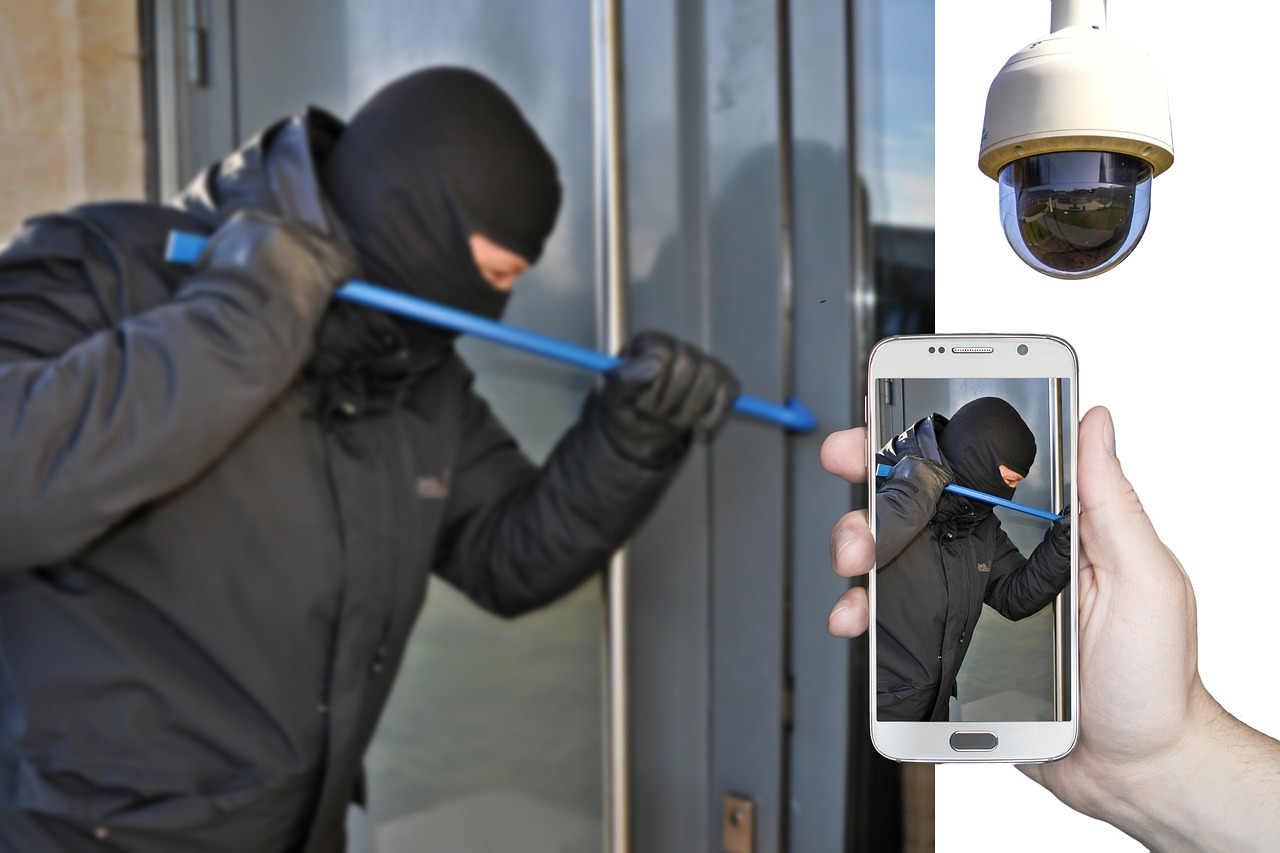How Does Home Alarm Monitoring Work?
When you are shopping around for a home security system, you are encouraged to add home alarm monitoring to the package. What exactly does this do? Maybe you already have a home security system with monitoring, but never really thought too much about its operations. Let’s examine the purpose of alarm monitoring, why you need to have it as an addition, and how exactly does it work?
What is Alarm Monitoring?
Alarm monitoring is when a central station monitors your home security system. The purpose is to make sure your home has eyes on it 24/7. It is a way of your home communicating that either all is okay or there is a need for help. It uses the network of devices in your home security system. At your central alarm station, there trained staff monitor your system and alerts. In-house workers or a third-party company make up the team that monitors your home.
How Does It Work?
Your home security system has cameras and motion sensors throughout the house. Some have additional sensors, such as smoke detectors, carbon monoxide sensors, and flood sensors near their water systems. Your central hub or control panel continuously monitors these systems. In turn, a central monitoring station monitors your home control panel. When something triggers the home’s sensors, it goes to the home security control panel. Your home panel then sends a notification to you on your app, along with an alert to your monitoring company that there is a breach of one of its sensors. Then, the monitoring company reaches out to you to verify the emergency. If they are unable to reach you, they send out the appropriate first responders, whether police, medical, or fire.
There are some monitoring companies that let you opt for immediate response services. That means they don’t verify the alert, but immediately send an emergency response to your home. If you are prone to false alarms due to children or other events, this would not be a good option.
Do I Really Need It?
Some home security owners choose to not have their system monitored. There are various reasons for choosing to do so and this is a decision that each person needs to make. When your system is unmonitored, it is up to you to follow up on all alerts that come from your home security system. However, you are taking a risk that there will not be any alerts during those times that you are unavailable or do not have cell service. Keeping your home security monitored ensures that every alarm gets answered.
Those who are hesitant to add alarm monitoring to their home security system, do so for mainly two reasons, budget and privacy. When it comes to privacy, homeowners need to be reassured that those monitoring their cameras and alarms do not have random access to your video feed. There are different types of monitoring plans. With some companies, the operator sees your camera feed if the alarm triggers in order to verify the emergency. The CCTVs that feed a continuous video to those monitoring them are normally for businesses, not residential homes. As far as budget, many security companies offer affordable monthly plans to monitor your home. Plus, how does the low monthly fee compare to losing valuables due to an undetected intruder? The average break-in losses total around $3000.
Conclusion
It is fair to say that monitoring your home security system is a wise choice. There may be a monthly fee, but what do you get in return? You receive peace of mind knowing your family and home remain safe and have someone to look out after them 24/7 when you are not there. If you still have questions about the benefits versus the costs of adding monitoring, please give us a call at True Protection Home Security. We are more than happy to discuss any concerns you have. Also, your circumstances are considered to make the best home security decisions for you. Call us today and find out more!


